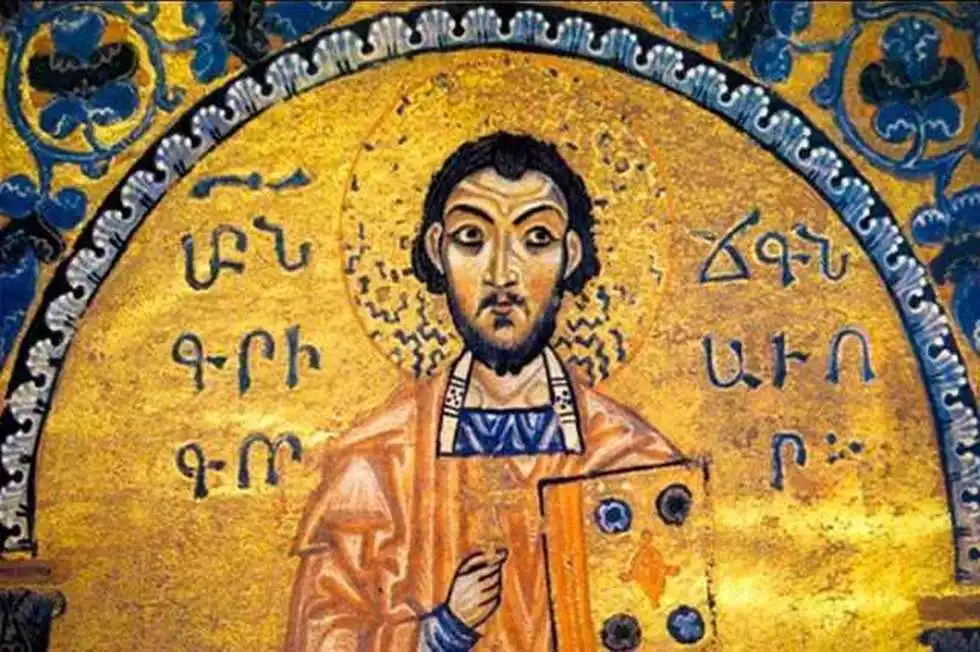The First Epistle General of Peter, translation Peter
Translation in British English 1:1 Peter, an emissary of Jesus Christ, to the dispersed faithful in Pontus, Galatia, Cappadocia, Asia, and Bithynia, 1:2 Chosen in accord with God the Father’s prescience, through a sanctifying spirit, for obedience and the sprinkling of Jesus Christ’s blood: Grace and peace be yours in abundance. 1:3 Praised be the […]
Hesychius of Sinai, Saint: The Soul’s Path to Peace
A Journey Through the Ascetic Teachings and Influence of a Byzantine Sage Saint Hesychius of Sinai, a figure shrouded in the mists of time, emerges as a pivotal character in the rich tapestry of Byzantine religious literature. His life, a blend of mystery and spiritual profundity, unfolds within the sacred walls of Saint Catherine’s Monastery […]
The Epistle of Paul the Apostle to the Ephesians | Ephesians Translation

Translation in British English 1:1 Paul, an emissary of Jesus Christ through God’s will, to the devout in Ephesus, and the steadfast in Christ Jesus: 1:2 May grace and serenity be yours, from God our Father, and the Lord Jesus Christ. 1:3 Praised be the God and Father of our Lord Jesus Christ, who has […]
Gregory of Narek, Saint | A Pioneering Armenian Mystic

Saint Gregory of Narek, a prominent figure in medieval Armenian literature and theology, was born in 951 AD and passed away in 1003 AD. Esteemed as a mystic, poet, and theologian, Gregory’s profound influence extends beyond the borders of Armenia, earning him a revered place in Christian history. His works, characterized by deep spirituality and […]
Agape | Definition of God’s Unconditional Love
Agape, a term deeply rooted in Christian theology, signifies a form of love that is unconditional and selfless, transcending mere emotions or affections. Emerging from the Greek language, it represents the highest form of love, often associated with God’s love for humankind, embodying benevolence and charity. This divine love, central to Christian ethics, extends beyond familial or romantic ties, reaching out to all, including strangers and even enemies, encapsulating the essence of altruism and compassion.
